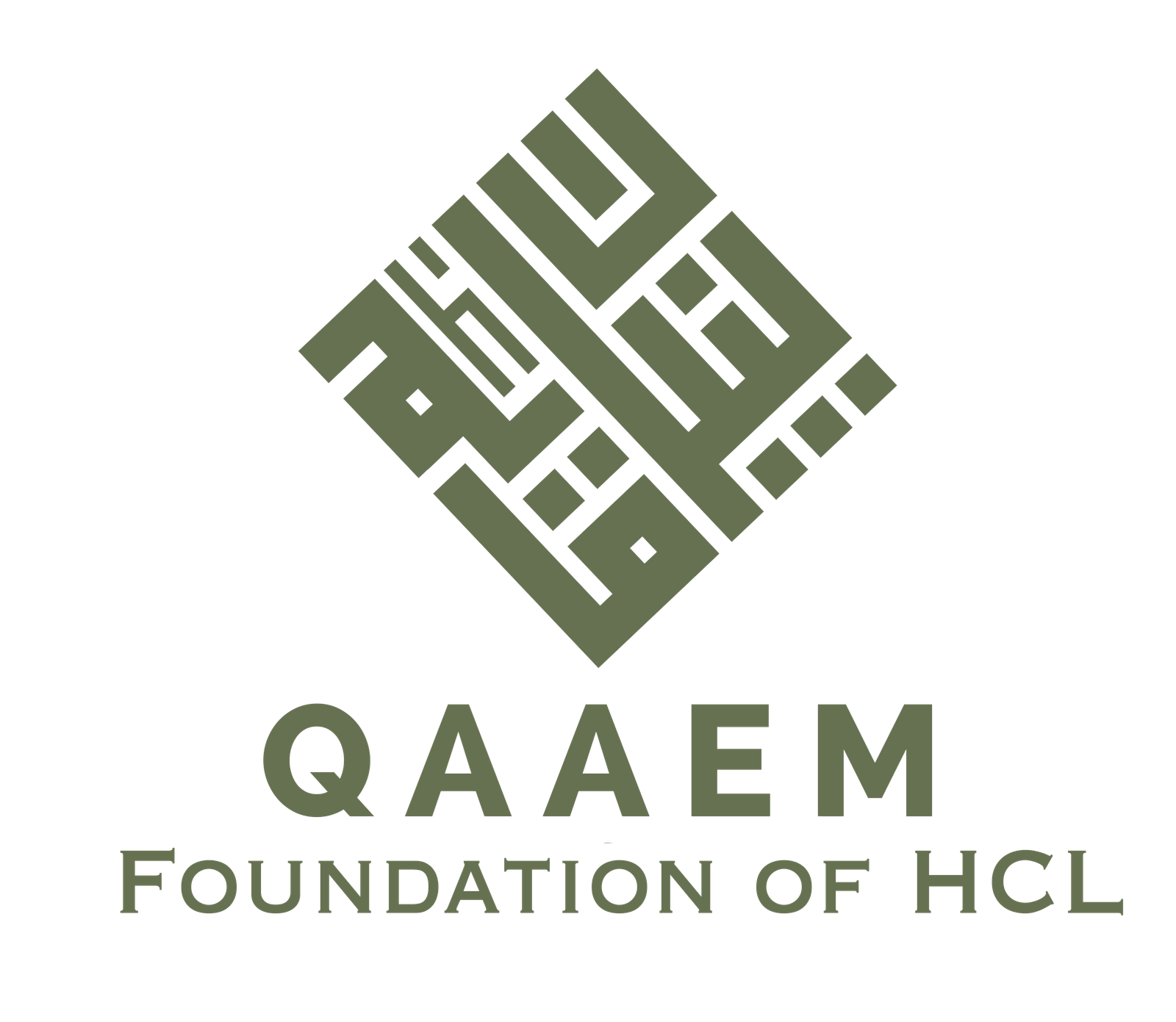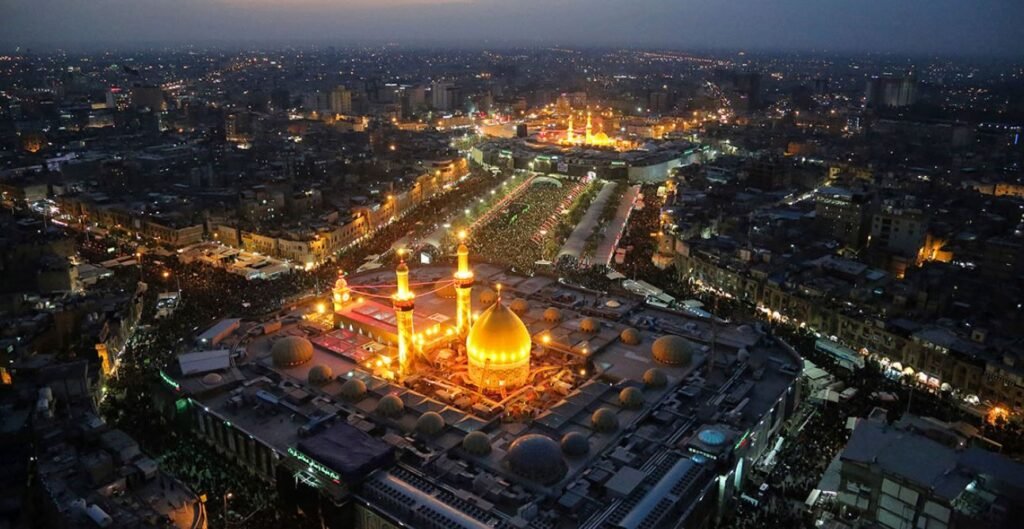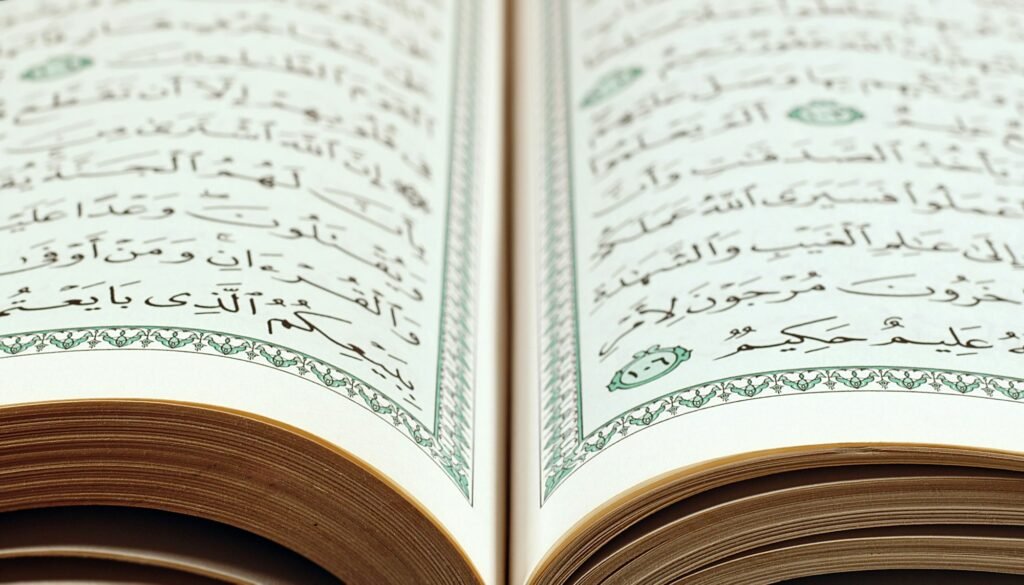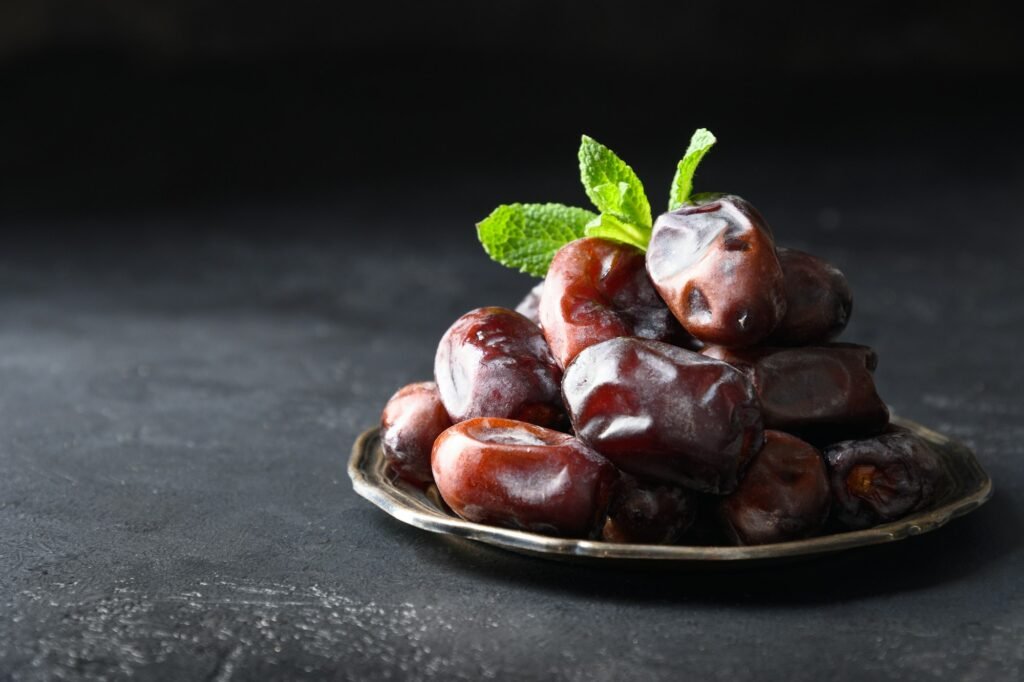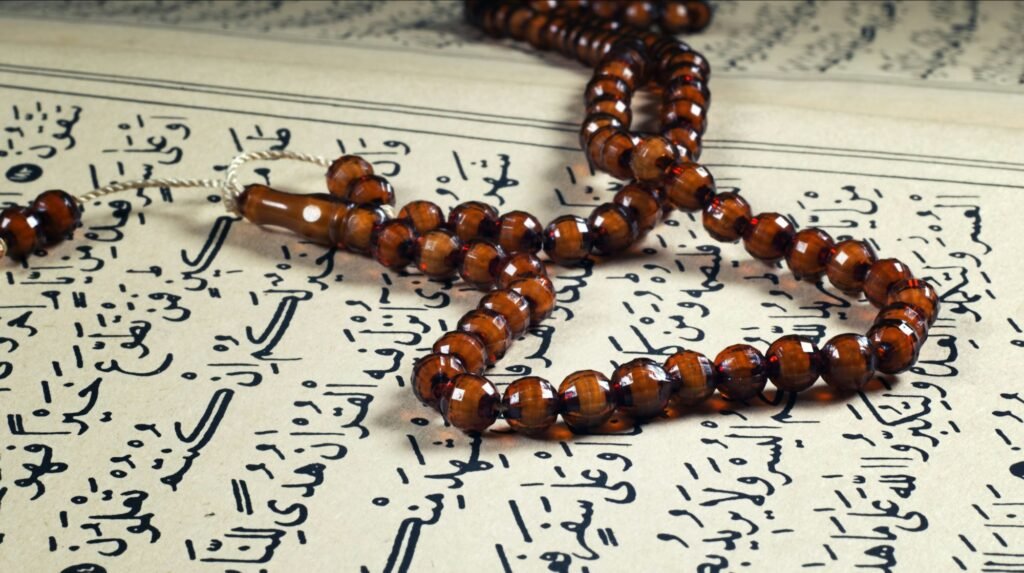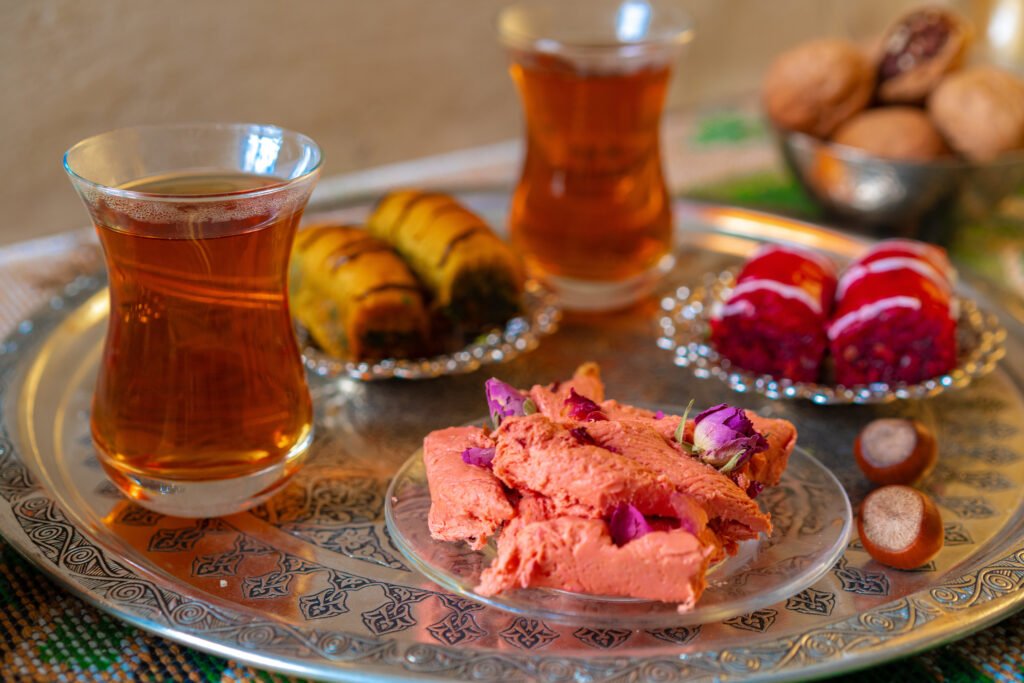Family & Social Events
Family Gathering Celebrations and Social Events are at the heart of our community at QAAEM Foundation. These gatherings provide an opportunity for families to come together, celebrate important milestones, and strengthen the bonds of friendship and unity. Whether it’s traditional holiday festivities, cultural celebrations, or social gatherings, these events create
